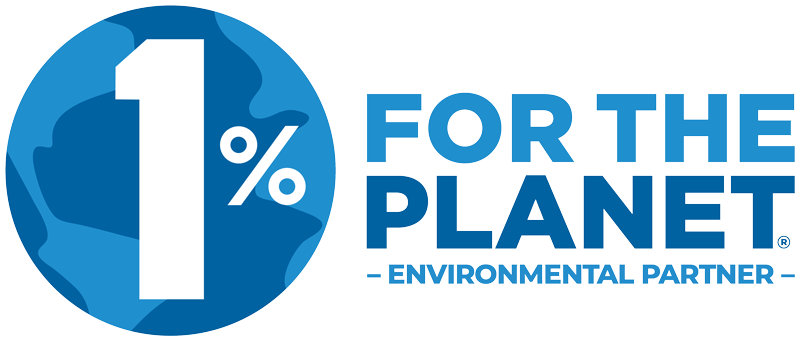
- This event has passed.
2024 Elakha Alliance Virtual Science Symposium
October 21 @ 9:00 am - 4:00 pm
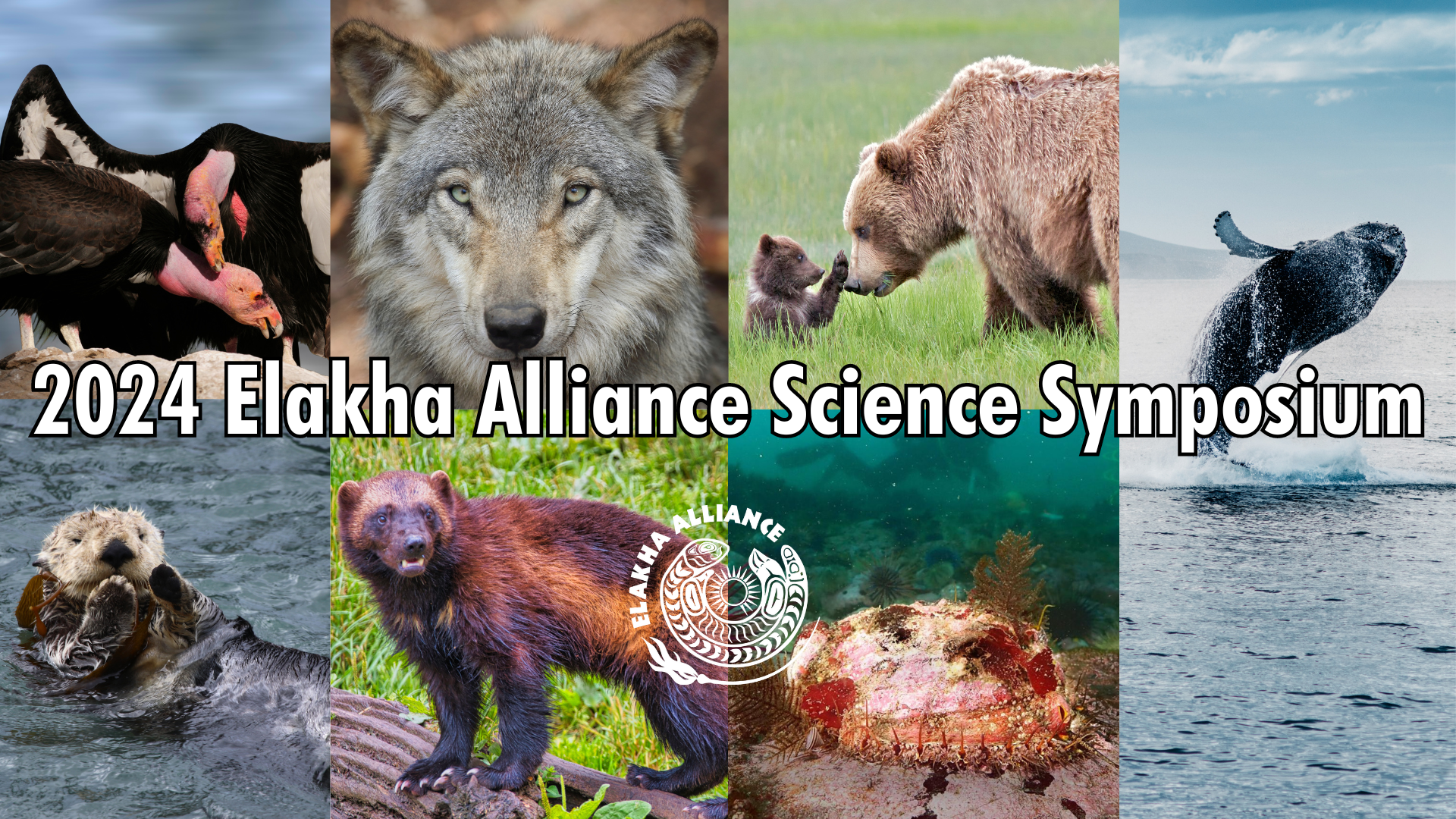
All are welcome to join the virtual 2024 Elakha Alliance Science Symposium on Monday October 21st, 9:00am-4:00pm PST. The Symposium speakers hail from across the United States, which will make for some unique conversations and perspectives. Registration is required to attend the live presentations.
Our focus this year are the “ESA at 50: Successful Species Reintroductions.” The 50th anniversary of the Endangered Species Act is a major milestone in conservation history. Attending the symposium allows participants to be part of this historic moment, celebrating progress while recognizing the work still needed to protect endangered species. Presenters will showcase successful reintroduction efforts, offering valuable insights into the strategies, challenges, and innovations that have helped bring endangered species back from the brink of extinction.
We are asking participants to provide a $10 registration fee/donation, which will help the Elakha Alliance continue our work towards ocean conservation in Oregon. If you’re a student looking to attend and the registration fee is a hinderance, please email Info@ElakhaAlliance.org for sponsorship opportunities.
9:00am: KEYNOTE: Lifting Baselines: Marine Mammal Recovery, Ecological Function, and the Consequences of Conservation Success | Joe Roman (Conservation Biologist and Author)
The Endangered Species Act and Marine Mammal Protection Act helped stop the decline of many species, including humpback whales, sea otters, and gray seals. For the first time in generations, biologists and policymakers are encountering recovering populations of ocean predators, yet some people perceive these species as invaders and conflicts are increasing. Joe will discuss these hard-earned successes and recent research on the ecological function of whales in the ocean, including enhancing primary productivity, providing deep-sea habitats, and playing a role in the carbon cycle.
10:00am: A Snail’s Pace to Recovery: How Washington State reintroduced endangered pinto abalone to the southern Salish Sea | Katie Sowul (Washington Department of Fish and Wildlife)
Pinto abalone (Haliotis kamtschatkana), a key species in Washington State’s kelp forest ecosystems, experienced a drastic, 97% population decline even after the recreational fishery closure in 1994. Restoration efforts were critical to reversing this decline and reestablishing healthy populations in the region. To bolster the population, the collaborative team collects abalone from the wild, spawns them in the hatchery, raises their young in captivity, then outplants those offspring to the wild. To date, the restoration program has outplanted over 55,000 abalone to 37 sites – and new sites are being established every year. A majority of these sites now boast healthy, genetically diverse aggregations of pinto abalone that are potentially creating offspring of their own. Though there is more work to be done, the accomplishments made so far prove that restoring endangered species is not just a dream, it is a reality.
11:00am: How Sea Otters Helped Decreased Coastal Erosion in the Elkhorn Slough | Dr. M. Tim Tinker (Research Wildlife Biologist)
Research on sea otters and their role in protecting a California salt marsh made the cover article of Nature journal’s February 1, 2024 issue, called “Significant Otters.” This presentation will highlight how sea otters, as apex predators, positively impact coastal ecosystems by controlling populations of herbivores like sea urchins, which feed on kelp. With healthier kelp forests, the roots help stabilize the seabed, reducing coastal erosion. This study provides significant evidence of the ecological role sea otters play in mitigating erosion and emphasizes the broader implications for conservation efforts, which focus on restoring predator populations to promote ecosystem resilience.
12:00pm-1:00pm: BREAK
1:00pm: Northern California Condor Restoration Program: Cultural and Ecological Revitalization in the Pacific Northwest | Chris West (Northern California Condor Program Manager, Yurok Tribe)
Chris will will talk about the history of condor conservation, and he will also discuss continuing concerns about the place of condors in our modern world. Finally, he will discuss modern methods of protection and management including a discussion of how lessons learned from condors might be applied to other conservation efforts.
2:00pm: Emerging Lessons Learned from Colorado’s Wolf Reintroduction | Kaitie Schneider (Defenders of Wildlife)
Gray wolves were one of the first species to be listed on the Endangered Species Act in 1974, and nearly 50 years later, Colorado officially began a historic operation to restore them to the southern Rockies. Together, we will explore the early outcomes and critical lessons of the ongoing Colorado wolf reintroduction. Highlighting both the achievements and challenges faced, we will re-trace the steps that led to the voter-mandated reintroduction, what has made this effort so unique, and where the program is headed. Attendees will gain insights into the practical considerations and strategies that have shaped the project’s progress, as well as the broader implications that are already influencing future restoration efforts, such as the recently approved State-led wolverine reintroduction.
3:00pm: Onsite Advocacy for Grizzly Bear Reintroduction in the North Cascades | Bryan Vasquez (Woodland Park Zoo)
In the fall of 2023, the public comment period for the draft Environmental Impact Statement (EIS) for grizzly bear reintroduction in the North Cascades was opened. This gave 45 days for the public to submit statements for their opinions and concerns for the reintroduction of grizzly bears. As a part of our communication plan and support, Woodland Park Zoo, surveyed visiting guests about their questions, concerns, and overall support of reintroduction. We learned what terminology worked best and reached most people, and then incorporated that information into our campaign tactics like both onsite and virtually. With the Guest Engagement team focusing onsite, we created materials and developed programming to initiate conversations around grizzly bears. A highlight of this efforts was the creation of a board game called Grizzly Quest that takes guests through a discussion about the benefits of grizzlies in the North Cascades. The game explores how humans can recreate safely around them, specifics about the logistics of a reintroduction process for wildlife animals, and the potential support given to surrounding communities and the growing bear population. The process used for the grizzly bear reintroduction has allowed us to plan advocacy and programming through our understanding of our guests concerns and questions. By creating a groundswell of educated members of the public, Woodland Park Zoo was able to generate positive comments in support of grizzly bear recovery.
Presenter Bios:
Joe Roman (Vermont)
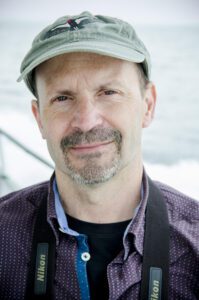
Joe Roman is a conservation biologist, marine ecologist, and author most recently of Eat, Poop, Die: How Animals Make Our World. Winner of the 2012 Rachel Carson Environment Book Award for Listed: Dispatches from America’s Endangered Species Act, Roman has written for the New York Times, Science, Audubon, New Scientist, and other publications. He has worked at Harvard University, Duke University Marine Lab, University of Iceland, University of Havana, the U.S. Environmental Protection Agency, and the University of Vermont, where he is a fellow at the Gund Institute for Environment. www.joeroman.com
Katie Sowul (Washington)
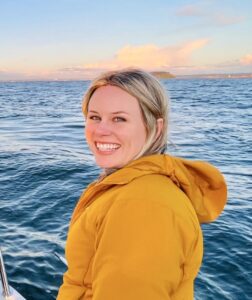
Katie Sowul is the lead abalone biologist and diving safety officer for the Washington Department of Fish and Wildlife (WDFW). Her collaborative team aims to restore Washington’s beautiful and endangered pinto abalone populations. Originally from Southern California, Katie now resides in Seattle. When she’s not diving to restore snails, she enjoys playing water polo, underwater hockey, and exploring the outdoors on her e-bike.
Dr. M. Tim Tinker (Alaska)
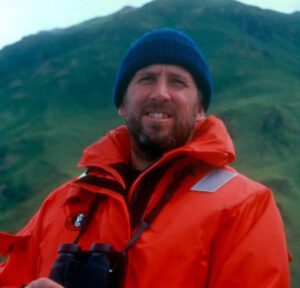
“Through my research, student mentoring and professional activities, I aim to contribute to our understanding of ecosystem function, species interactions, and scientifically sound approaches to wildlife conservation and management. I develop novel quantitative and analytical tools to help in solving thorny ecological problems. I am dedicated to fostering greater diversity within the ecological sciences, both by mentoring students representing a broad range of backgrounds and experiences, and through research collaborations that prioritize inclusive and equitable approaches to natural resource management. I firmly believe that the most effective approaches to marine wildlife conservation are those that recognize, incorporate and learn from a diverse array of skills, values and governance principals, including those exemplified by coastal indigenous communities.”
Dr. Tim Tinker is the principal author of the Elakha Alliance’s Feasibility Study. He is a Research Wildlife Biologist, U.S. Geological Survey (retired); Adjunct Professor, UC Santa Cruz, Nhydra Ecological Research. Visit his website.
Chris West (California)
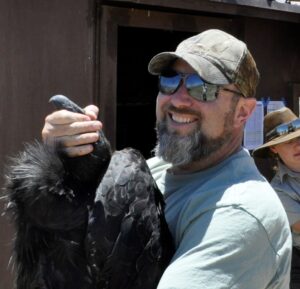
Chris began working with California condors as an intern in 1999. His love for the species and the work led to his Master’s research at Humboldt State University investigating influences on condor post-release behavior. He began working for the Yurok Tribe in 2008, assessing the potential for condor reintroduction in the Pacific Northwest. He has managed all aspects of the Northern California Condor Restoration Program, from design of facilities to the release of the current free-flying flock.
Kaitie Schneider (Colorado)

Kaitie Schneider is a human-wildlife conflict specialist with a Bachelor of Science degree in Conservation Biology from Colorado State University. Kaitie leads the Colorado Wolf Restoration and Coexistence Program for Defenders of Wildlife, which is aimed at ensuring that wolves, livestock, and people in Colorado can thrive on shared landscapes. Kaitie is also leading statewide, inter-organizational education and outreach efforts to gain support for the reintroduction of wolverines to Colorado.
Bryan Vasquez (Washington)
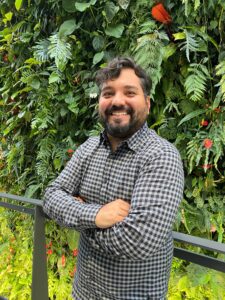
Bryan Vasquez is currently the Guest Engagement Manager at the Woodland Park Zoo and has over 15 years of experience in community engagement and environmental education. Bryan holds an MA in Zoology through Miami University’s Project Dragonfly along with certifications as an Interpretive Trainer and Interpretive Guide. He has worked in various zoological and horticultural settings where he engages a wide variety of audiences from early childhood to corporate staff. Bryan is also currently serving as the Diversity, Equity, and Inclusion Chair for the Northwest region of the National Association for Interpretation as well as the Vice President of Bats Northwest.

